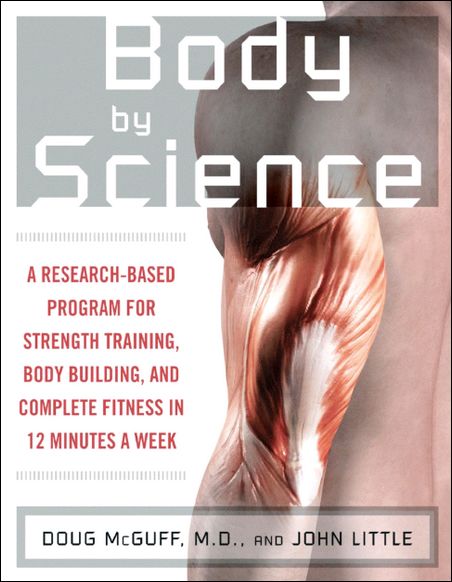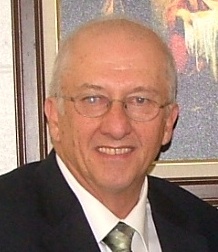The University of Cincinnati
News Record just published
Questionable Study has UC Ties by reporter Benjamin Goldschmidt.
Here's the takeaway:
On Nov. 19, the University of Cincinnati
received one of five inquiry letters sent to organizations that could be
linked to an offshore, potentially controversial experiment.
Peter Heimlich, son of Henry Heimlich - famous for the Heimlich
Maneuver choking rescue treatment - sent the inquiry letters in hopes of
obtaining more information on the experiment, which was performed on
children in Barbados, according to a study published in the West Indian Medical Journal in 2005.
...The study tested whether or not a modified version of the Heimlich Maneuver could stop an acute asthma attack....The 67 children who participated were between the ages of six and 16.
UC received one of the inquiry letters because Charles Pierce,
adjunct professor of psychiatry at UC, was involved with applying for loans (sic) for the study....
 |
Barbados Minister of Health Donville Inniss, MP
|
Other organizations and individuals also received the
letters, including Rotary International, Queen Elizabeth Hospital in
Barbados, Cincinnati Children’s Hospital and Donville Inniss, the
minister of health in Barbados.
Records show that the study was funded by the Rotary Club of Cincinnati and the Heimlich Institute. (More about that in a future item.)
...Pierce and Anne St. John, a doctor in Barbados who was involved in the study, claim (an Institutional Review Board) approved the project.
...“A couple weeks ago, I sent inquiries to Queen Elizabeth Hospital and to
Donville Inniss, the Barbados Minister of Health, asking for the name
of the IRB and when the (Ministry's) Ethics Committee approved the study,” Peter
Heimlich said. “I haven't received any answers.”
More
from the News Record:
(Dr. Pierce) said the modified version of the Heimlich Maneuver is
harmless, and is meant to empty the lungs and give relief to an asthma
patient and could prevent further asthma attacks.
Presumably Dr. St. John, the study's lead investigator, can clarify what sort of "modified version of the Heimlich maneuver" was performed on the child test subjects.
But here's what medical experts have said about the version of the treatment that my father has been hyping since at least 1996. (
Click here for a Heimlich Institute press release.)
From
a 2005 newsweekly article by Utah reporter Shane Johnson.
Loren Greenway,
administrative director of respiratory and pulmonary medicine for
Intermountain Health Care (Salt Lake City), and a nationally
certified asthma educator, finds Heimlich's asthma maneuver
physiologically unfounded and dangerous.
"Using the
Heimlich maneuver in an acute asthmatic condition...could actually
kill somebody," said Greenway.
And in this clip from
a November 17, 2006 ABC7 Chicago I-Team report by Chuck Goudie:
The Heimlich maneuver will stop an asthma attack," (says Dr. Henry) Heimlich.
Heimlich also urges the maneuver be used on cystic fibrosis victims,
all claims that have stunned the medical community and major medical
organizations, which warn that the use of the Heimlich maneuver in those
situations could be fatal.
The American Lung Association asked Chicago respiratory expert Dr. John Shannon to speak with us.
"It shouldn't be used at all in asthma or in cystic fibrosis or any
other chronic inflamation disorder in the lung passages," said Dr. John Shannon,
Stroger Cook County Hospital.
"There is a good possibility of making a
person with asthma substantially worse."
To my knowledge, the only article about the treatment published in a medical magazine is
Some Experts Are Skeptical About Reports That the Heimlich Maneuver Relieves Acute Asthma Attacks by Carolyn Gard from
the February 1997 issue of Modern Medicine.
Click here to read the article, but regarding the Barbados study, this quote raises some reasonable questions:
(Asthma specialist Homer Boushey, MD says that he is) skeptical of studies that have not undergone peer review. Furthermore, he adds, the technique should first be tested on animals rather than humans.
Did the Barbados study undergo peer review? If so, by whom?
Has the "modified Heimlich for asthma" ever been tested on animals?
And has it ever been tested on adult subjects or just on the children in Barbados?















